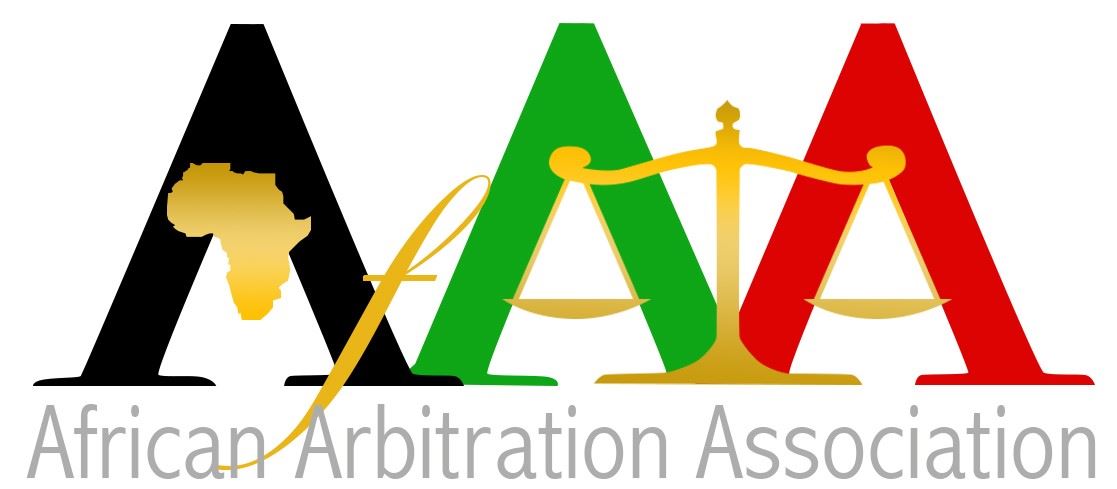Adjudication, arbitration, conciliation and mediation are some of the alternative dispute resolution mechanisms in use in Zimbabwe. Of these, arbitration is the most prominent one. On the 13th of September 1996, Zimbabwe repealed its outdated Arbitration Act (Chapter 7:02) and replaced it with the Arbitration Act (Chapter 7:15). Through section 2 of the said Act, the country adopted with minor modifications, the United Nations Commission on International Trade Law (UNCITRAL) Model Law. The said Act applies to every arbitration agreement, whether made before, on or after the 13th of September 1996. It covers both domestic and international arbitration.
Matters that are not capable of determination by arbitration in Zimbabwe
In Zimbabwe, the following matters are not capable of determination by arbitration:
(a) An agreement that is contrary to the public policy.
(b) A dispute which in terms of any law, may not be determined by arbitration.
(c) A criminal case.
(d) A matrimonial cause or a matter relating to status, unless the High Court gives leave for it to be determined by arbitration.
(e) A matter affecting the interests of a minor or an individual under a legal disability, unless the High Court gives leave for it to be determined by arbitration.
(f) A matter concerning a consumer contract as defined in the Consumer Contracts Act (Chapter 8:03), unless the consumer has by separate agreement agreed thereto.
Arbitration in Zimbabwe
Since the introduction of the Arbitration Act (Chapter 7:15) the use of arbitration as an alternative dispute resolution mechanism has gained momentum. Most commercial contracts contain an arbitration clause that enables the parties to choose arbitration as their preferred method of resolving any existing or future dispute between them arising out of or in connection with the contract, including any question regarding its existence, validity or termination.
Most contracts nominate the Commercial Arbitration Centre (CAC) in Harare as the appointing authority in the event that the parties are unable to agree on an arbitrator. The CAC was founded in 1995 by Muchadeyi Masunda and Ian Donovan, the godfathers of arbitration in Zimbabwe. It was the first arbitration centre to be established in Zimbabwe. The second centre, Africa Institute of Mediation and Arbitration (AIMA) is relatively new. It was established by Justice Moses Chinhengo (retired) in 2013. Most of AIMA’s panellists are retired judges. The CAC’s panellists are mostly senior lawyers, retired judges and professionals within fields such as Construction, Engineering, Accounting and Banking.
Advantages of Arbitration
More and more businesses are resorting to arbitration as a dispute resolution mechanism. This is because arbitration offers them the following advantages:
(a) It helps them resolve their disputes in a less antagonistic manner, thereby enabling them to preserve their business relationships.
(b) They are able to keep the dispute and its resolution away from the public, and are thus able to protect their secrets.
(c) They are able to appoint or contribute towards the appointment of the arbitrator.
(d) The flexible nature of the arbitral process makes it possible for them to structure the arbitral process the way they want.
(e) It tends to be quicker and more cost effective than litigation.
(f) The arbitral award is final.
Challenges of arbitration in Zimbabwe
Whilst the use of arbitration as a dispute resolution mechanism in Zimbabwe continues to grow, the field faces various challenges. For example, there are hardly any resources on commercial arbitration in Zimbabwe. Moreover, there is virtually no training for arbitrators taking place in Zimbabwe. Although there are several Fellows or Members of the Chartered Institute of Arbitrators in Zimbabwe, most of these received their training outside the country or by correspondence.
Finally, apart from a few articles, there are no publications on commercial arbitration in Zimbabwe. The one book written many years ago by Muchadeyi Masunda and Ian Donovan has been out of print for over a decade.
The Book Commercial Arbitration in Zimbabwe

In my forthcoming book entitled Commercial Arbitration in Zimbabwe, I highlight the undesirability of the state of affairs described above, underscore the importance of having trained arbitrators, and call for the training of arbitrators.
The book will be of interest and benefit to arbitrators, lawyers, students of arbitration, judges, and those who deal with local and international contracts which include arbitration clauses.
Anyone wanting to know about commercial arbitration in Zimbabwe, the relationship between the Zimbabwean judiciary and the arbitral process, the attitude of the Zimbabwean Courts towards arbitration agreements, how arbitral awards are enforced in Zimbabwe and the circumstances under which arbitral awards might be set aside by the Courts should struggle no more as through the book they will have easy access to that information.
The formation of the African Arbitration Association in 2018 should encourage each African country to have readily available resources on the conduct of arbitration in their jurisdiction. This way, arbitration practitioners from different jurisdictions can share information and draw from each other’s experience with arbitration. The book Commercial Arbitration in Zimbabwe is aimed at doing exactly that for Zimbabwe.
Topics Covered by the book Commercial Arbitration in Zimbabwe
The book covers a wide range of topics, including:
· The historical background of commercial arbitration in Zimbabwe
· Characteristics of arbitration
· A comparison of arbitration with litigation
· The advantages of arbitration
· The appointment of arbitrators
· The qualities and qualifications of arbitrators
· Types of arbitrators
· The difference between the seat of arbitration and the venue
· Principles of natural justice
· The arbitrator’s powers
· Interim measures
· Security for costs
· Termination of an arbitrator's mandate
· Liability of arbitrators
· Preliminary meeting
· The hearing
· How to deal with a dilatory disputant
· The Zimbabwean judicial system
· The courts and arbitration
· The structure and types of arbitral awards
· The registration of awards
· The functus officio doctrine
· When an arbitral award may be set aside and the effect of setting aside an award
It is hoped that this book will promote the use of arbitration as a dispute resolution mechanism and shine a spotlight on commercial arbitration in Zimbabwe.
_____________________
*www.kanokangalawfirm.net
